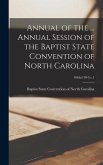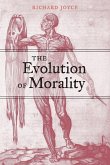It is now more than two decades since the world stood idly by, witnessing the genocide taking place in Rwanda in 1994. During the one hundred days of killing nearly one million men, women and children were murdered. In many ways, the genocide against the Tutsi marked the victory of evil: not only were people murdered by their own countrymen, neighbors, friends, and religious leaders, but it was a genocide that had been foreseen and that could have been prevented. This book explores the genocide's historical background, the genocidal ideology and political context (its perpetrators and victims, and the strategy and 'methodology' of the killings); its international dimensions (in particular the involvement or calculated non-involvement of France, the U.S., Belgium, the UN and the other African countries); and the dire question of whether the world could have prevented the massacre. It further draws parallels between the genocide against the Tutsi and other genocides in the twentieth century; and relates to the policy of punishing murderers by the International Criminal Tribunal for Rwanda in Arusha, Tanzania, and to the traditional judicial system called gacaca. Finally, it dwells briefly on what happened in Rwanda after the genocide.
Hinweis: Dieser Artikel kann nur an eine deutsche Lieferadresse ausgeliefert werden.
Hinweis: Dieser Artikel kann nur an eine deutsche Lieferadresse ausgeliefert werden.








